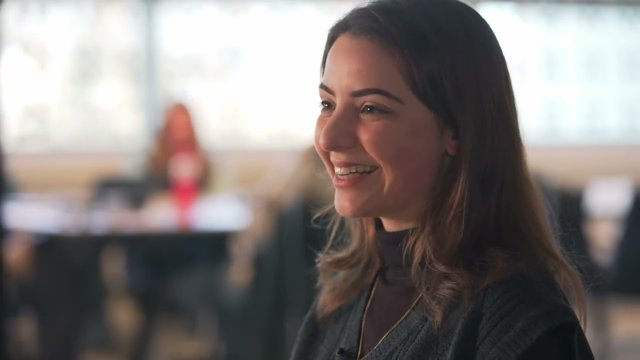During your Master’s in Geo-Information Science and Earth Observation (GEO), you will collect a total of 120 EC within two years. In addition to the three mandatory courses of the Master’s, you will take four specialisation courses and elective courses. You can also do an optional internship and complete your studies by writing your master’s thesis.
Structure
YEAR 1 | NUMBER OF EC |
|
|---|---|---|
Compulsory courses Mandatory courses for all students of the Master’s. | 25 EC | |
Specialisation courses Mandatory courses for all students of the specialisation in Geoinformatics. | 28 EC |
Followed by one of the following courses:
|
Elective course You can choose a course that matches your interests and career ambitions. | 7 EC | Some examples of elective courses you can take are: |
YEAR 2 | NUMBER OF EC |
|
|---|---|---|
Individual study programme | 15 EC | In the second year, you can personalise your individual study programme by doing an internship or taking elective courses. |
MSc research proposal and MSc research | 45 EC | You will complete your Master’s in GEO by writing a master’s thesis. Your research theme is defined by the research group that is part of the respective specialisation. In Geoinformatics, you can choose to conduct your research within the research groups ACQUAL or STAMP. |
Total EC | 120 EC |
|
Internship
In the second year of your Master’s in Geo-Information Science and Earth Observation, you can apply the knowledge and skills you have acquired during your studies by doing an internship at a national mapping agency, aerospace centre, national meteorological institute, research institute, or non-governmental organisation in the Netherlands or abroad. ITC has a broad network of organisations where you can do your internship project.
Examples of internships that students have done are:
- “Designing a prototype for an epidemic risk assessment dashboard for a city in the Philippines” at
510 Global, the Netherlands - "Investigation of landslides applying differential interferometric SAR data analysis” at the
German Aerospace Centre - "Analysing parking pressure in Amsterdam” at
Centrum Wiskunde & Informatica (CWI), the Netherlands
Master's thesis
You will complete your Master’s by writing your Master’s thesis. Your research will be part of the research group ACQUAL or STAMP and you will write your thesis under the supervision of one of the professors in that research group. You can, for example, focus on applying different spatial analysis methods to analyse and help policymakers respond to disease outbreaks and epidemics. Another key area in which you can focus your MSc research is to measure air pollution in an urban area.


